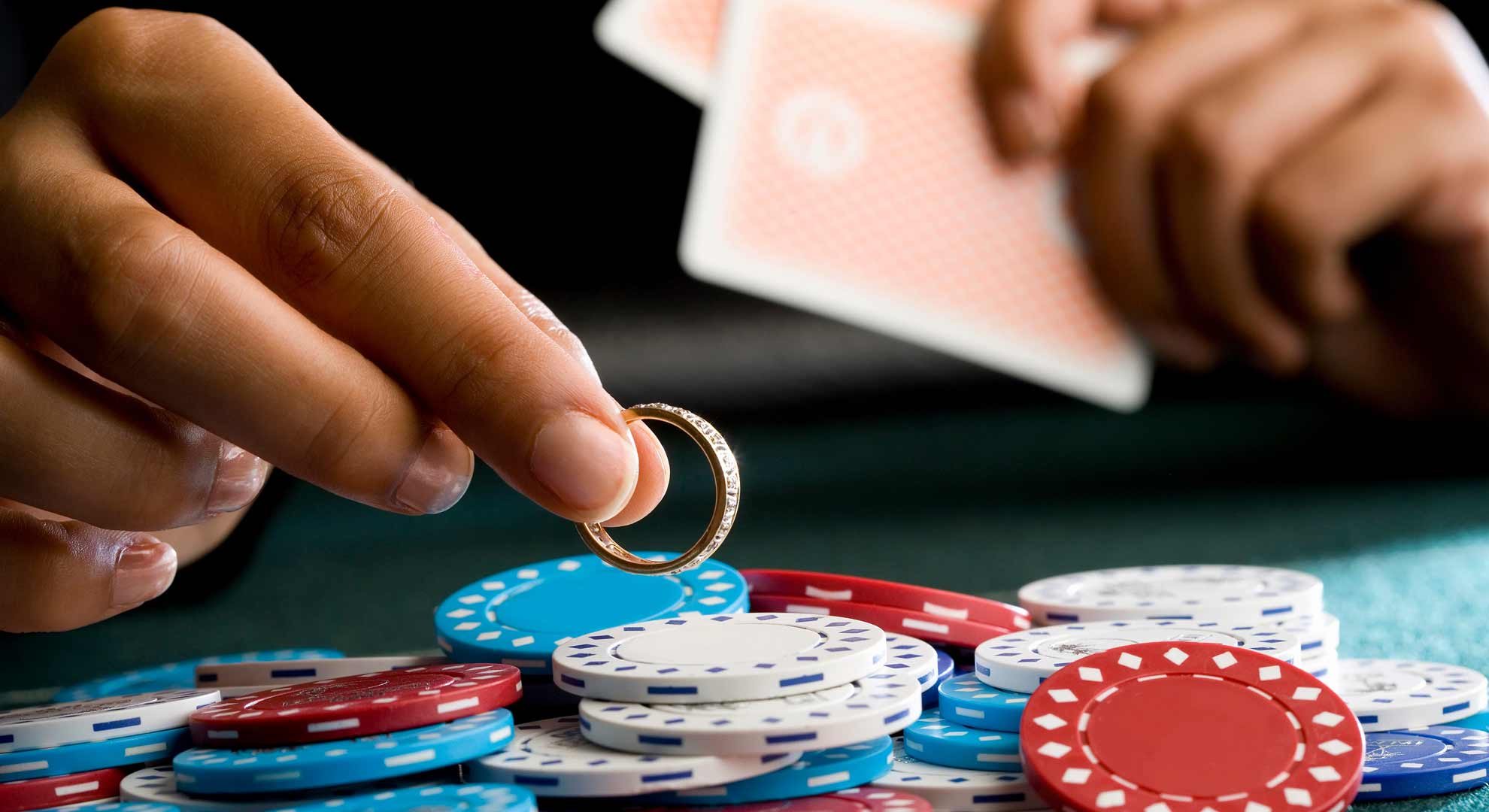The Casino Psychology Behind Every Bet
The Casino Psychology Behind Every Bet
Step into any casino, be it a dazzling land-based establishment or a sleek online platform, and you’re immediately immersed in an environment meticulously crafted to captivate your senses and, more importantly, influence your decisions. Beyond the flashing lights, the rhythmic sounds of slot machines, and the polite yet watchful dealers, lies a sophisticated understanding of human psychology. Every design choice, every game rule, and even the seemingly random payouts are strategically engineered to tap into our innate desires, biases, and vulnerabilities. This isn't just about luck; it's a masterful play on the human mind, ensuring that the house maintains its long-term edge, not just mathematically, but psychologically.
At the core of gambling's allure is the potent cocktail of dopamine and intermittent reinforcement. When we win, even a small amount, our brains release dopamine, a neurotransmitter associated with pleasure and reward. This creates a powerful positive feedback loop. However, it's not the consistent wins but the unpredictable nature of payouts that truly hooks us. This is known as intermittent reinforcement, a principle proven to be more effective in conditioning behavior than consistent rewards. Think of a slot machine: you don't know when the next payout will be, but the possibility keeps you pulling the lever, creating a persistent, almost compulsive drive. The "near miss" phenomenon further compounds this, where a non-winning spin that's just shy of a jackpot is often perceived as a sign of impending success, triggering the same dopamine response as a win and encouraging continued play.
Casino psychology masterfully exploits a range of cognitive biases inherent in human decision-making. One of the most common is the **Gambler's Fallacy**, the mistaken belief that past events influence future independent events. For example, if a roulette ball has landed on black five times in a row, a player might irrationally believe that red is "due" next, even though each spin is an independent event with the same probability. Another powerful bias is the **Illusion of Control**, where players believe they can influence random outcomes, perhaps by blowing on dice, crossing their fingers, or employing a specific betting system. This false sense of agency keeps them engaged, as they feel their actions genuinely matter. Then there's **Confirmation Bias**, leading players to only remember their wins or "good streaks" while quickly forgetting their losses, reinforcing a distorted view of their overall success. Furthermore, the **Sunk Cost Fallacy** often traps players, as they continue to gamble, trying to "win back" money they've already lost, rather than cutting their losses and walking away.
The physical and virtual environments of casinos are also psychological masterpieces. Land-based casinos are designed to be timeless, often without clocks or windows, making players lose track of time. The labyrinthine layouts encourage exploration and discourage quick exits, leading visitors deeper into the gambling floor. Complimentary drinks and services lower inhibitions, making players more likely to take risks. Online casinos, while lacking the physical space, compensate with unparalleled convenience and immersive digital interfaces. They use engaging graphics, sound effects, and gamification elements (like leaderboards or loyalty programs) to keep players logged in and betting. The seamless nature of transactions and instant access to a vast array of games means the barrier to entry for a bet is incredibly low. For those seeking a reliable online experience, platforms like m88 com login casino offer a glimpse into how digital design further refines these psychological principles, making access to betting simple and ever-present.
The emotional rollercoaster experienced by gamblers is a critical component of casino psychology. The initial thrill and excitement of potential wins can quickly give way to frustration, anxiety, and even desperation as losses mount. Casinos implicitly understand this cycle. They often provide small, frequent wins early on to build confidence and extend playtime, ensuring players remain invested emotionally and financially. When losses occur, the intense desire to "get even" or "win it back" becomes a powerful motivator, driving players to chase losses despite mounting evidence against them. This pursuit of regaining lost funds is a well-documented psychological trap, often leading to deeper financial consequences and reinforcing problematic gambling behaviors. The casino's objective isn't just to take your money; it's to keep you in the game, emotionally invested, for as long as possible.
Ultimately, the enduring success of the gambling industry lies not merely in mathematical probability, but in its profound understanding and exploitation of human psychological traits. From the architecture of the casino floor to the algorithms governing online games, every element is geared towards maximizing engagement and profitability. By understanding the intricate web of cognitive biases, emotional triggers, and reinforcement schedules at play, individuals can become more aware of the forces at work behind every spin, every card dealt, and every roll of the dice. While the thrill of the game remains, an informed perspective can empower players to make more rational decisions, recognizing that behind the glitz and glamour, there’s a deeply rooted science of human behavior designed to ensure the house, both literally and figuratively, always wins.
tag: M88,



